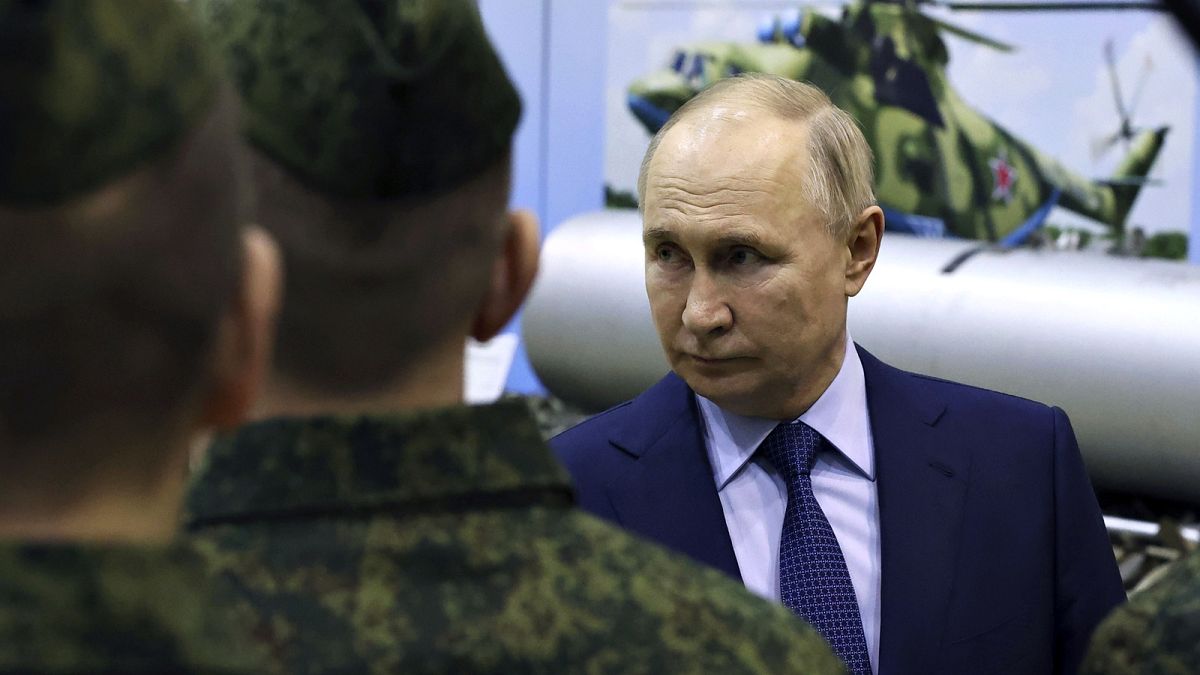The European Union and NATO have denounced Russia for launching cyber assaults in opposition to Germany and the Czech Republic.
“The malicious cyber marketing campaign reveals Russia’s steady sample of irresponsible behaviour in our on-line world, by focusing on democratic establishments, authorities entities and demanding infrastructure suppliers throughout the European Union and past,” Josep Borrell, the bloc’s international coverage chief, stated in an announcement on Friday on behalf of the 27 member states.
“The EU is not going to tolerate such malicious behaviour, notably actions that purpose to degrade our important infrastructure, weaken societal cohesion and affect democratic processes,” he added, referring to the June elections to the European Parliament.
Utilizing equally important language, NATO known as on Moscow to abide by its “worldwide obligations” and confused the alliance would “make use of the mandatory capabilities in an effort to deter, defend in opposition to and counter the complete spectrum of cyber threats.”
Each put the blame on APT28, an acronym for Superior Persistent Menace Actor 28, a cyber espionage group linked to Russia’s army intelligence service (GRU).
In Germany, APT28 is accused of compromising e-mail accounts of members of the Social Democratic Celebration (SPD), the main drive within the ruling coalition. Berlin has already summoned the performing chargé d’affaires of the Russian embassy.
“That is completely insupportable and unacceptable and may have penalties,” stated Germany’s International Minister Annalena Baerbock.
Within the Czech Republic, the group is claimed to have targetted some state establishments by exploiting a “beforehand unknown vulnerability in Microsoft Outlook,” the nation’s international affairs ministry stated on Friday. The interference started in 2023, it famous.
The publishing of findings by the 2 nations prompted the denouncing statements by the EU and NATO, which had been launched nearly concurrently.
The information comes amid a high-alert environment in Japanese and Nothern Europe over the risks posed by Russian hybrid warfare.
In latest days, Estonia, Latvia, Lithuania, Sweden and Finland have sounded the alarm concerning the jamming of GPS alerts, which compelled Finnish airline Finnair to droop providers to Tartu, a metropolis in Estonia. The phenomenon is seen as a brand new try by the Kremlin to retaliate in opposition to sanctions imposed over the invasion of Ukraine.
“These incidents are a part of an intensifying marketing campaign of actions which Russia continues to hold out throughout the Euro-Atlantic space, together with on Alliance territory and thru proxies,” NATO stated on Thursday. “This consists of sabotage, acts of violence, cyber and digital interference, disinformation campaigns, and different hybrid operations.”
